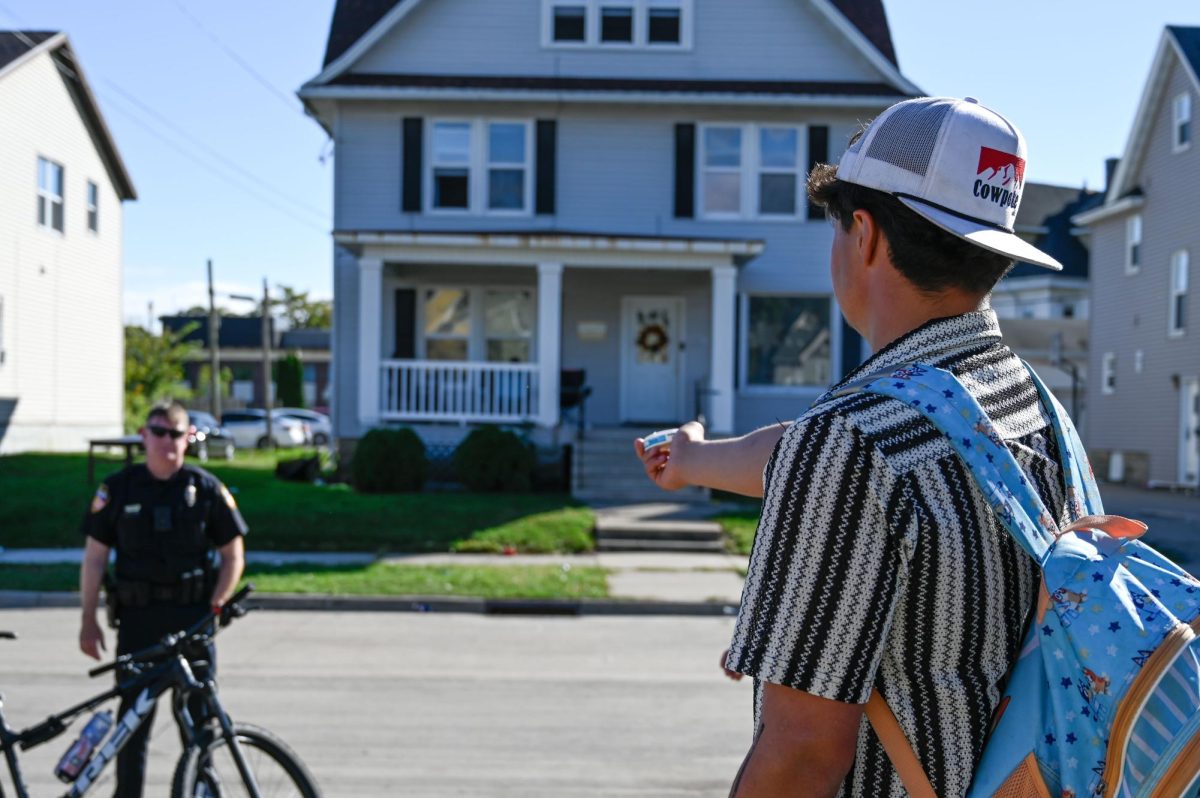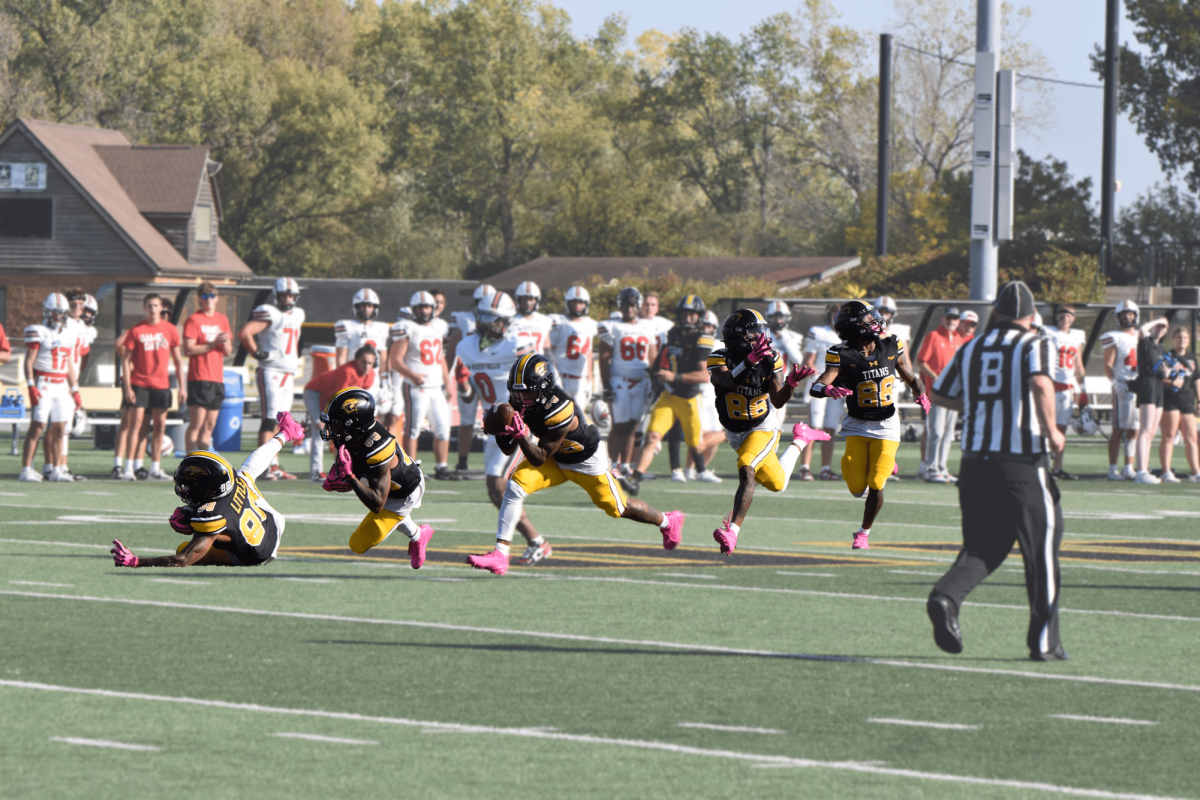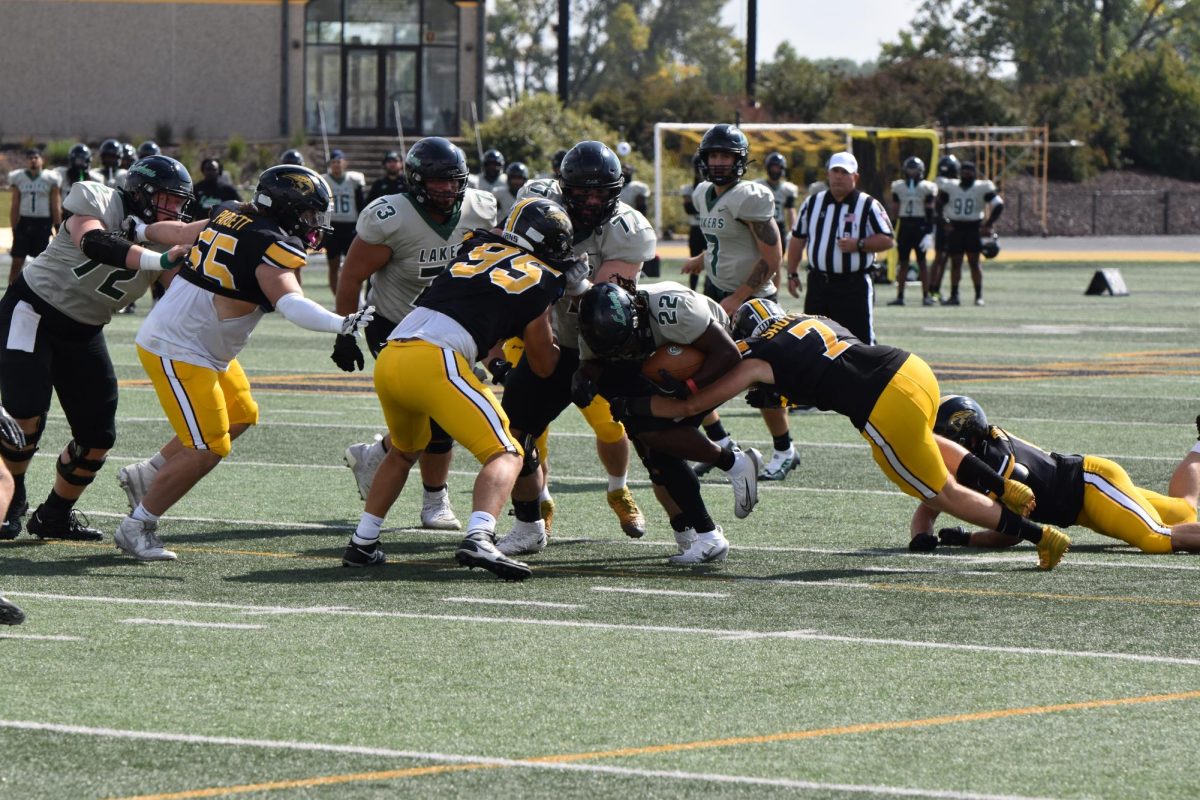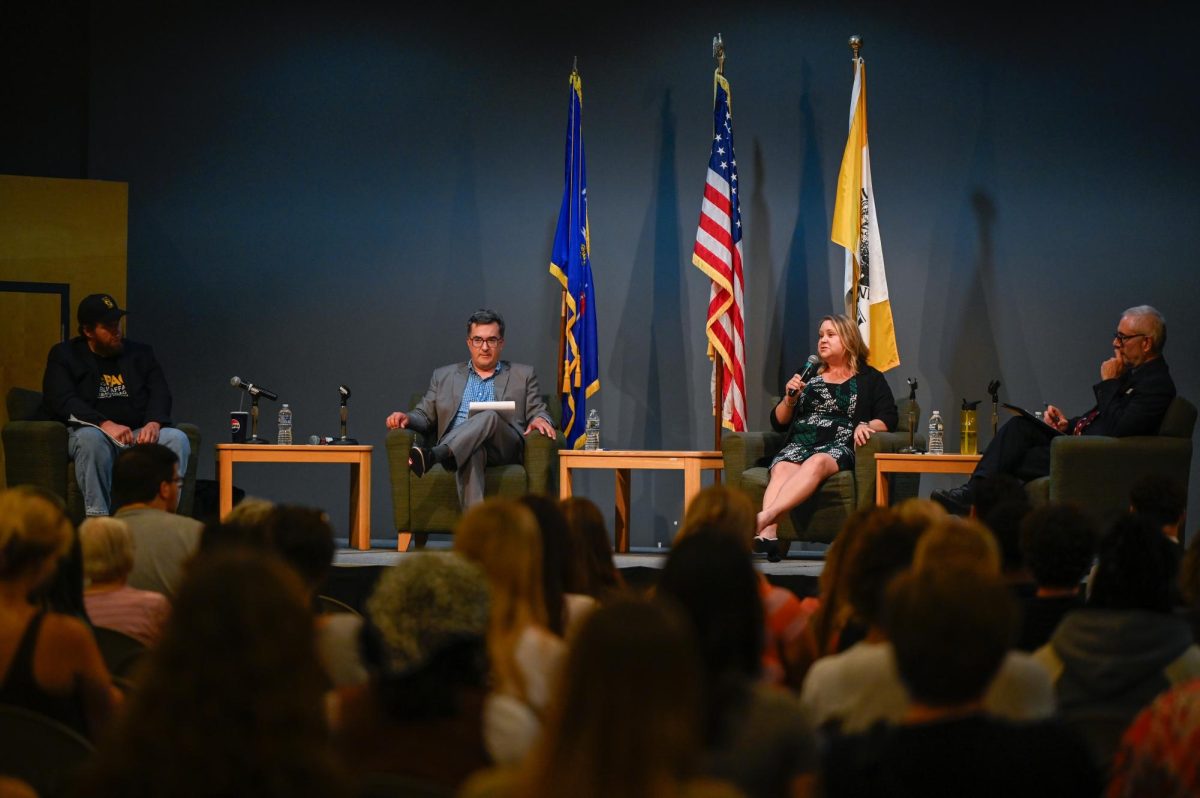Planned Parenthood of Wisconsin temporarily paused scheduling abortion appointments Oct. 1 due to new funding restrictions.
Amber Lusvardi, an associate professor of political science at UW Oshkosh, said that President Donald Trump’s One Big Beautiful Bill is a large part of why Planned Parenthood has halted the scheduling of abortions in Wisconsin.
“It included a provision that said if you are a private service provider that provides abortions and you get more than $800,000 from Medicaid in a year, then you’re losing your funding,” Lusvardi said. “This really applies to Planned Parenthood because Planned Parenthood is a major provider of services, particularly to people who tend to be low income because it’s part of their mission, their goal, to provide services to people whether or not they are able to pay. …I think in Wisconsin, it’s like two-thirds of everyone who goes to Planned Parenthood is on Medicaid. So when those funds are cut, suddenly Planned Parenthood is out a big portion of their budget.”
Lusvardi said that the Hyde Amendment of 1977 already states that federal funding cannot be used for abortion services.
“So instead, what (One Big Beautiful Bill) does is really just cut out a lot of Planned Parenthood’s funding so they’re really limited on what they’re able to do,” Lusvardi said. “So as a result of that, we see Planned Parenthood of Wisconsin saying ‘we’re gonna have to pause abortion services for now while we sort of figure out what is happening with our budget because we’re going to be missing out on so much money that we usually get.’”
The bill classifies a nonprofit that provides abortions as a prohibited entity if that nonprofit received more than $800,000 from Medicaid in fiscal year 2023. Planned Parenthood gets roughly $24 million a year from Medicaid, making up close to two-thirds of the organization’s budget, according to the organization.
Planned Parenthood stated that they would pause abortion appointments in Wisconsin while they work on a solution to provide abortion care in Wisconsin. This summer, Planned Parenthood sued to block the enforcement of Medicaid cuts. A judge granted an injunction to block these cuts, but a federal appeals court lifted this injunction this month.
Lusvardi said that although all 22 health centers have remained open after the announcement, the biggest concern is that people in more rural areas are going to be the most impacted.
“My concern would be people living in rural areas who don’t have a lot of access to other low-cost providers, where they are going to go for those types of preventative services that Planned Parenthood provides, like pap smears, screenings, birth control and those types of services,” Lusvardi said.
Planned Parenthood offers a wide range of services, including cancer screenings and STD testing and treatments. The Wisconsin Supreme Court in July struck down the 1849 near-total abortion ban, saying it was surpassed by newer state laws regulating the procedure. Wisconsin’s ban was nullified in 1973, when Roe v. Wade legalized abortion nationwide. Legislators never officially repealed the ban, and conservatives argue that the 2022 ruling by the US Supreme Court reactivated it. Planned Parenthood of Wisconsin stopped providing abortions after that ruling for 15 months before resuming them as the lawsuit over the state law played out. It has been providing abortions at three clinics in Wisconsin for the past two years.
Affiliated Medical Services and Care for All also provide abortions in their Milwaukee clinics. The pause is expected to force women who would normally go to abortion clinics in Madison, Milwaukee or Sheboygan to look for other options, including traveling to Chicago, which is within a two-hour drive of the Planned Parenthood facilities.
Lusvardi said that the One Big Beautiful Bill’s cuts to Medicaid are a threat to a lot of people’s health, not just women.
“People with disabilities, people who are low income, they too are potentially losing access to providers and are losing access to services,” Lusvardi said. “We specifically see women are likely to live in the type of health care deserts where you don’t have access to reproductive health care and Planned Parenthood was kind of filling a hole in some of those communities which they also now might lose.”
Lusvardi said it is important to advocate for more healthcare coverage.
“Sometimes it is really frustrating because sometimes the progress is very slow and when you’re in it, you just feel very frustrated,” Lusvardi said. “But if we look long term, we’re like, ‘okay, things did change.’ It took a long time, it took a lot of effort, it took a lot of people, it took a lot of work.”















